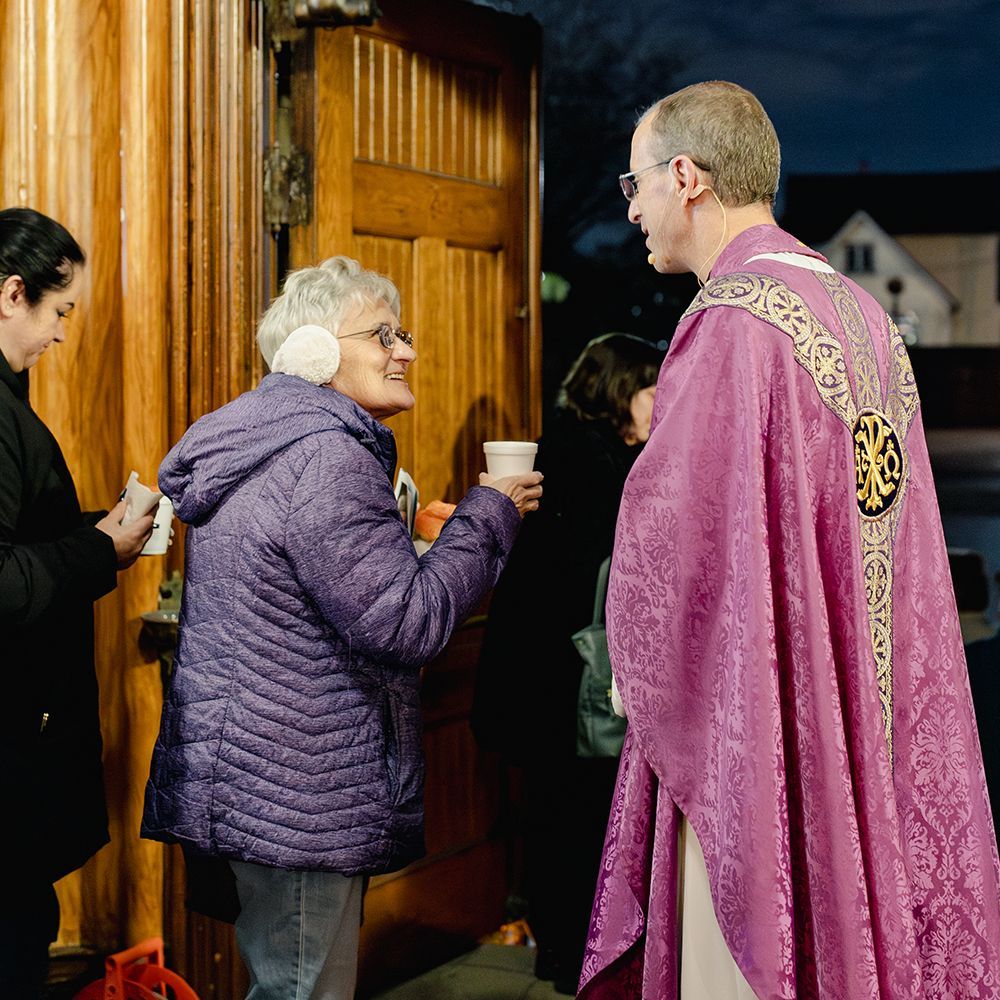The Witnesses of What Makes No Sense

It never fails to amuse me that the disciples in today’s Gospel don’t recognize Jesus until he asks them to do something that makes absolutely no logical sense.
He’s just some random stranger on the shore — until he gives them an order that, in any other circumstances, would have them rolling their eyes into the backs of their head: Drop the nets again. I know you haven’t caught anything all night. I know you’re tired. Just do it one more time. Trust me. Again.
That’s when they recognize him.
The disciples display such poor recognition of Jesus after the resurrection. I’m sure there’s a good, theologically sound reason for it, one I am not smart enough to explain. Whatever that reason is, it’s very clear that God was carefully orchestrating these moments of realization. He is trying to tell us something about how we recognize the risen Christ — the one who has conquered sin, the one whose love was stronger than death. The one who never made any sense, and never will, because his kingdom is not of this world, and to understand him — to recognize him — you have to detach from the priorities, the expectations, the limitations of this present world.
You have to be willing to do what makes no sense.
Love — again, even when it doesn’t make sense. Forgive — again, even when it doesn’t make sense. Believe — again, even when it doesn't make sense.
“We are the witnesses of these things,” Peter tells the Sanhedrin (Acts 5:32). Peter, who was so full of joy when he recognized Jesus that he leapt into the sea, fully clothed, desperate to be near him.
It makes no sense, and that’s okay. That’s kind of our whole thing, as Christians. We are the witnesses of the things that make no sense.
©LPi




